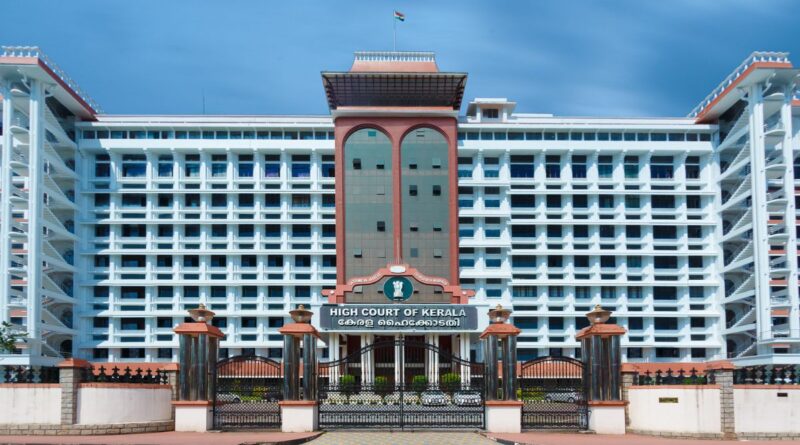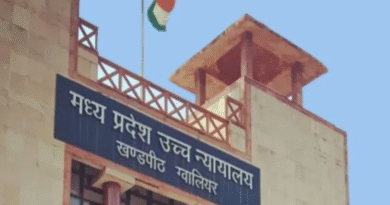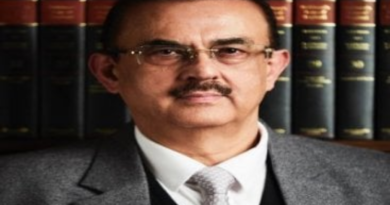Kerala High Court Dismisses PIL Alleging Corruption in Safe Kerala Project
The Kerala High Court has dismissed a Public Interest Litigation (PIL) filed by Opposition Leader V D Satheesan and senior Congress leader Ramesh Chennithala, which alleged corruption in the implementation of the AI-enabled traffic camera units under the Safe Kerala Project.
A division bench of Chief Justice Nitin Jamdar and Justice Basant Balaji also rejected their plea for a court-monitored inquiry into the contract awarded to Keltron, the state-run agency executing the project. The Court held that the petition lacked substantive merit and did not meet the legal threshold for judicial intervention in government contracts.
The judges clarified that a PIL is meant to protect the rights of vulnerable citizens and uphold the rule of law when there is clear evidence of violation. It cannot be used for political disputes, personal grievances, or to challenge every government decision without strong factual grounds. The Court also noted that the petitioners, both legislators, had approached the Court only after the project was fully implemented and went live on June 5, 2023.
The project, executed at a cost of ₹235.82 crore, was designed under a build-own-operate-transfer (BOOT) model, requiring repayment in 20 instalments. The petitioners claimed the budget was inflated, the cameras outdated and overpriced, and the project a “pyramid scheme.”
However, the Advocate General defended the initiative, stating that the contract followed due process and that the project was crucial for road safety. He argued that allegations of inflated costs and outdated technology were baseless.
After reviewing the records, the Court ruled that no evidence of corruption, illegality, or procedural irregularity was produced. It also stressed that ordering a large-scale judicial probe without proof would amount to a “fishing and roving inquiry,” which is not the purpose of a PIL.
On concerns over data privacy, the Court observed that private contractors had no access to citizens’ personal data. All information is stored securely on a state-controlled server under the Motor Vehicles Department.





